Ailsa Piper: “Following where I was led”
Q. Ailsa, you have had a varied career within the arts, as an actor, an award winning playwright, a director and now you have published a fascinating book. Please tell us more about the career path and what lead you to this latest challenge.
For a woman who loves to make her own way down paths, roads and byways, I can’t honestly say that my career has ever been anything more than following where I was lead. The work has always somehow had its way with me, though I guess if I am truthful, writing has been the one constant. Almost every time I wrote something, it went on to have a life. I was lucky. But acting claimed me for a long time, because I did love collaboration and the “family” aspect of it. Community is a big thing for me – to belong to a tribe is important, and the theatrical tribe is a vibrant and seductive one.
That said, the other constant in my life has been walking. I’ve always felt it was vital to my sanity. And somehow, when it claimed space in my professional life, a new chapter opened without huge effort. Well, without me having to network or knock on doors! There was some effort in the long walk with sins!
Q. You book, ‘Sinning Across Spain,’ conjures up some many competing images. How did you arrive at such a delicious title?
It was a joke, really. One of a number on the list of possibilities for my publishers. Many of the other suggestions were a bit serious and self-conscious. Some booksellers were worried about stocking the book because they thought it might have been salacious. If only they’d known that although there was lust, there was way more dust!!!
Q. ‘Sinning Across Spain’ is a heady mixture of personal psychological journey, travel guide and social history. Is that an accurate description? How would you describe the book for potential readers?
That’s a lovely description. Thanks. I guess I’d categorise it broadly as a memoir. The thing is that it started out to be about others – the sinners and also an attempt to write a play for a friend to perform. Ultimately, it became a journey of self-discovery and a book. So, like all pilgrimages, the journey was more important than the stated destination.
Q. 1300 km is a long hike. Walking is an act that seems to be fundamental to your philosophy of life. Can you tell us what the simple act of walking does for you?
Walking brings me home to my truest sense of myself. I don’t think of myself as a writer or actor or director. I am a walker who also writes and directs and acts and teaches. But I am at my best when I’m walking – long or short distances. It is my meditation, my euphoria and my healing. It is me at my strongest and least afraid. It is me at my most open and curious and forgiving. It is freedom and expansion. It is restoration and renewal and uplift. It is always a chance to be better. I am so grateful that I can move freely on my own two feet. So grateful.
Q. And do please tell us more about being ‘besotted with snails’.
I’ve always pushed a bit hard at life, and that means that I developed a rhythm, from very early on, that was fast. My natural tempo is brisk and my pace is quick. But in recent years, I’ve needed to slow down. When I first walked a camino road, there were images of snails, and actual snails, all along the road. They seemed to be there for me to see. People kept saying to me – they STILL say it – “you move too fast”. Sometimes it is perfect. But sometimes slow is way better, and my beloved snails teach me that. Also, of course, they carry all that they need on their back – and when I am doing that, out on a trail somewhere, I feel intense happiness. Light and agile and in tune with the world. So they have multiple resonances…slow and self-contained. Not needy. They walk their own way. I like that.
Q. It seems that a script writer engages in a social process with directors and actors, whereas writing a novel can be a solitary pursuit. From the perspective of the writer, what are the major differences between the genres?
I guess the one you said is the biggest difference in process, but in terms of outcome – a book’s life is so much longer and more independent. It goes out into the world and finds people, long long after it has left your hands. It makes friends with people without your knowledge, and there is no closing night. So in a strange way, that story, that moment in time, is suspended. In the theatre, there is a finite life for each production, so there is a precious period of time when it can feel complete. That’s the other difference. A script can never be yours alone – never just how you envisaged it. That can be a very good thing! A book, for better or worse, is really yours – and you don’t get to make amendments after opening night, either!
Q. Finally a personal question. What do you like to do on your days off?
Ha! I walk!
No, I’m a big movie-goer and reader. I love galleries and concerts – live music is my biggest treat. And when I’m a bit blue, I just hop on a ferry and let it take me away. By the time I return, I’m always in a different headspace.
Oh, and I’m learning to swim!


